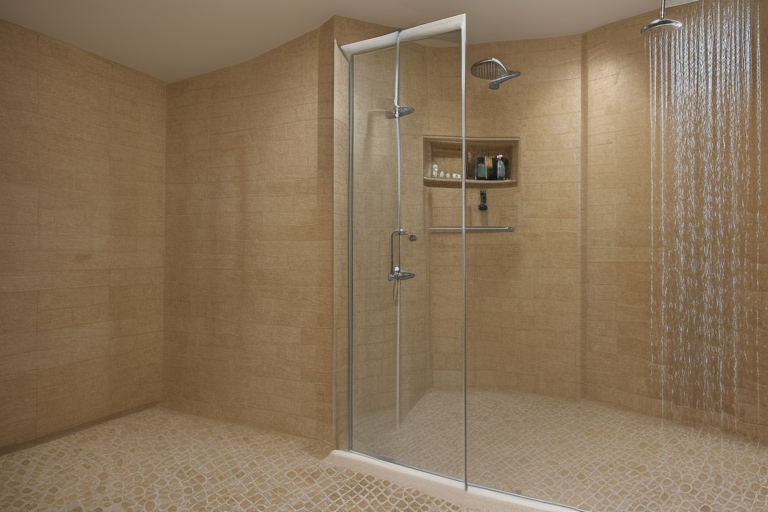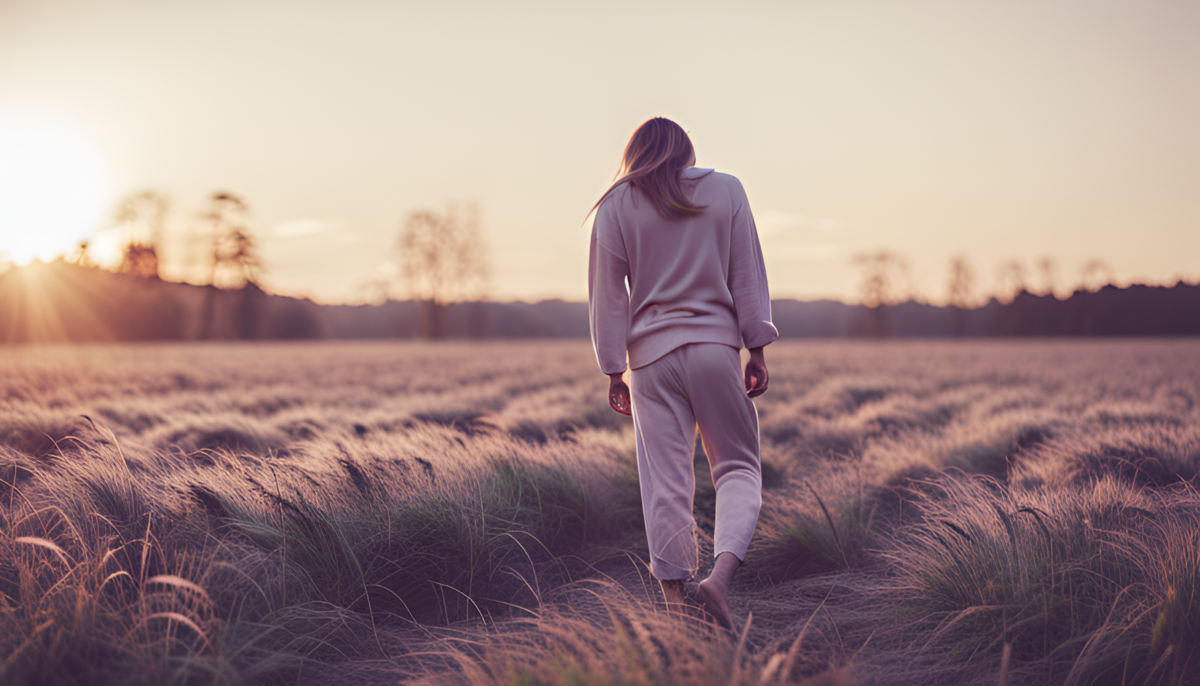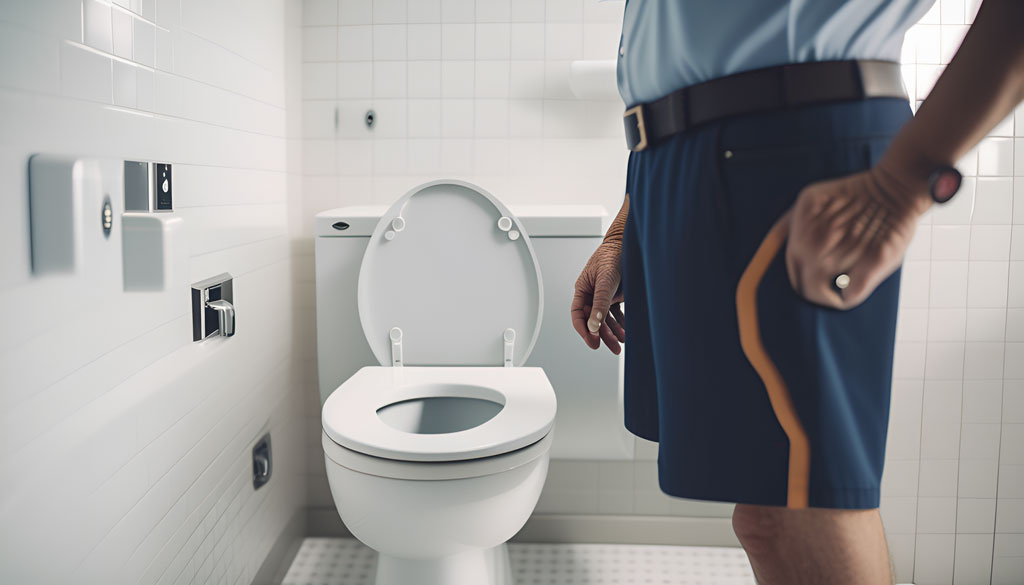Your cart is currently empty!
A Comprehensive Guide to Showering Procedure in Aged Care
·
·

Introduction
Showering is a basic necessity that plays a vital role in maintaining personal hygiene and overall health. As people age, performing daily tasks such as showering can become increasingly challenging due to limited mobility, cognitive decline, or other health issues. In aged care, it is crucial to have an effective showering procedure in place to ensure the safety and well-being of elderly individuals. This article provides a comprehensive guide on showering procedures in aged care, addressing the essential steps, best practices, potential risks, and frequently asked questions.
The Importance of an Effective Showering Procedure in Aged Care
Maintaining Personal Hygiene and Health
Proper hygiene is essential to prevent infections and maintain overall health, especially for elderly individuals who may be more susceptible to illness. An effective showering procedure for elderly individuals ensures they maintain good hygiene and reduces the risk of related health issues.
Promoting Comfort and Dignity
Showering can be an uncomfortable and vulnerable experience for elderly individuals, particularly those with cognitive decline or physical limitations. A well-planned showering procedure in aged care provides a comfortable, dignified experience that respects the individual’s privacy and promotes their sense of independence.
Procedure for Showering a Client in Aged Care
Step 1 – Preparing the Environment for showering procedure in aged care
Before starting the showering process, it is essential to prepare the environment:
- Ensure the bathroom is clean, well-lit, and clutter-free.
- Check the water temperature to prevent burns or discomfort.
- Gather necessary bathroom aids such as towels, soap, shampoo, and a shower chair or bench, if needed.
Step 2 – Communicating with the Elderly Individual
Communication is vital throughout the showering process:
- Explain the steps of the procedure to the elderly person to reduce anxiety and promote understanding.
- Encourage the individual to express their preferences and concerns.
- Offer assistance in a respectful manner, allowing the person to maintain as much independence as possible.
Step 3 – Assisting with Undressing and Entering the Shower
Assist the elderly individual in undressing and entering the shower safely:
- Offer support and guidance while the person undresses, respecting their privacy.
- If the individual has mobility issues, use a shower chair or bench for added safety and comfort.
- Use a handheld showerhead to control the water flow and direction easily.
Step 4 – Showering the Elderly Person
When showering the elderly person, consider the following:
- Use gentle, circular motions to cleanse the skin with soap and water.
- Be mindful of sensitive areas and potential pressure sores.
- Rinse the soap off thoroughly to prevent skin irritation.
- Assist with shampooing and rinsing the hair, ensuring the water does not flow into their eyes or ears.
Step 5 – Drying and Dressing
After the shower, help the elderly individual dry and dress:
- Gently pat them dry with a towel, paying extra attention to skin folds and creases.
- Assist with dressing, ensuring clothes are clean and appropriate for the individual’s comfort and mobility needs.
- Encourage the person to perform as much of the dressing process independently as possible.
Identifying Potential Risks of Showering Someone with Dementia
Showering can pose unique challenges for individuals with dementia. It is crucial to identify potential risks and implement strategies to minimize them:
- Confusion and anxiety: The showering process may be overwhelming for individuals with dementia. Use clear communication, reassurance, and patience to minimize anxiety.
- Falls and injuries: Ensure the bathroom is equipped with safety features such as grab bars, non-slip mats, and a shower chair to prevent falls.
- Agitation or aggression: If the person becomes agitated or aggressive, remain calm, and use soothing language to deescalate the situation.
Frequently Asked Questions about showering procedure in aged care
How often should an elderly person shower?
The frequency of showering for elderly individuals depends on their personal preferences, health, and mobility. In general, it is recommended that elderly individuals shower at least twice a week. However, consult with a healthcare professional for personalized recommendations.
What if the elderly person refuses to shower?
If an elderly person refuses to shower, try to determine the cause of their resistance. Address any fears or discomfort they may have and offer alternative solutions such as sponge baths or bed baths, if necessary.
Are there any alternatives to showering for elderly individuals?
Yes, alternatives to showering for elderly individuals include sponge baths, bed baths, and no-rinse cleansing wipes. These options can be useful for individuals with mobility issues or those who may feel overwhelmed by the showering process.
What should caregivers do if an elderly person becomes dizzy or faint while showering?
If an elderly person becomes dizzy or faint while showering, caregivers should immediately help them out of the shower and into a safe, seated position. They should also monitor their vital signs and contact a healthcare professional if necessary.
Conclusion
Understanding and implementing an effective showering procedure in aged care is crucial to ensure the safety, well-being, and dignity of elderly individuals. By following the outlined steps and addressing potential risks, caregivers can provide a comfortable and respectful showering experience that promotes good hygiene and overall health.
Please call or email one of our friendly staff to assist you with your enquiry.
Safe Life
Alerting Devices Australia P/L T/A Safe-Life 5/270 Lower Dandenong Rd, Mordialloc, VIC, Australia 3195
NDIS Provider Number
4050109546
ABN
67 637 195 941
Phone
[formidable id="6"]
Share Article
More articles
-

|
7 minutesThe Safe Approach: How to Wake a Sleepwalker Without Causing Harm
Introduction to sleepwalking and its risks Sleepwalking, also known as somnambulism, is a sleep disorder that causes individuals to walk or perform other complex behaviours while asleep. Although sleepwalking is generally harmless, it can lead to unsafe situations and potential harm for the sleepwalker or others nearby. This article will…
-

|
7 minutesTips for Fall Prevention for Elderly: How to Prevent Your Loved One From Falling
Top tips: How to Prevent Your Loved One From Falling Falling can be a frightening experience for anyone. It’s also one of the most common dangers faced by older adults who struggle to maintain balance and mobility. In fact, over a quarter of all people over 65 years old…
-

|
8 minutesToileting Procedure in Aged Care
Empowering Seniors: How to Transform the Toileting Procedure in Aged Care for a Dignified Experience Introduction to Toileting Challenges in Aged Care Toileting is a basic human need that becomes increasingly challenging for the elderly population, especially for those living in aged care facilities. Factors such as mobility issues, cognitive…
-

|
12 minutesUnderstanding Motion Detector Alarms: Key Features and Benefits
Table of Contents Understanding Motion Detector Alarms: Key Features and Benefits Statistics show homes lacking security systems face a 300% higher risk of break-ins. Motion detector alarms stand guard over your property day and night, keeping your family and belongings safe. These reliable devices watch for unexpected movement and send…





